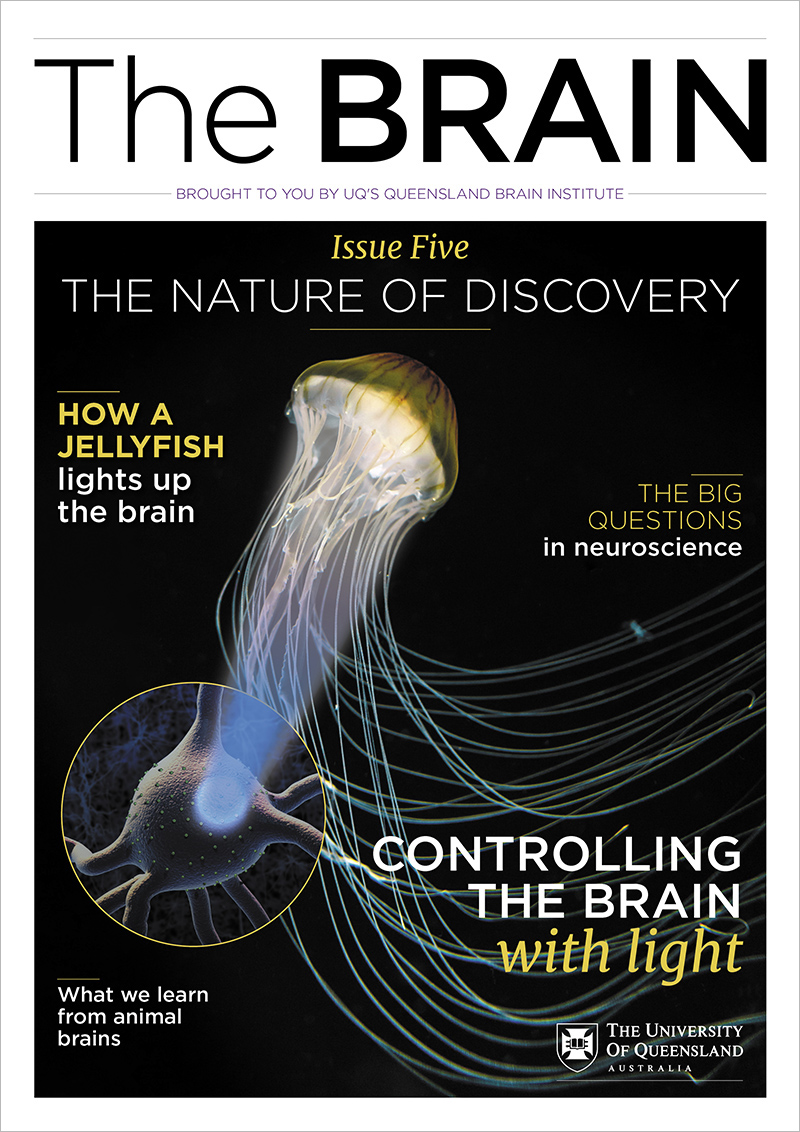Podcast: Memory enhancing mushrooms
Mushrooms have been used in traditional Chinese medicine for centuries, and the scientific evidence behind their beneficial properties is now growing after recent discoveries from Professor Frederic Meunier and his team at the UQ Queensland Brain Institute. The team identified and purified a bioactive compound from the lion's mane mushroom, called Hericium erinaceus, which can stimulate the growth of new brain cells and improve memory. Laboratory tests measured the neurotrophic effects of compounds isolated from Hericium erinaceus on cultured brain cells. They found that the active compounds promote neuron projections, extending and connecting to other neurons. Using super-resolution microscopy, the increasing neurons could be visualised. The mushroom extract and its active components largely increase the size of growth cones, which are particularly important for brain cells to sense their environment and establish new connections with other neurons in the brain. This growth improves memory.
In this fascinating episode of a Grey Matter, Professor Meunier discusses:
- The groundbreaking discovery and its implications.
- The historical and medicinal uses of lion's mane mushroom.
- How this compound enhances memory and brain cell growth.
- The future potential of this research in brain health.
Related papers and resources
Mushrooms magnify memory by boosting nerve growth
Memory hacks: popular myths and recent discoveries




